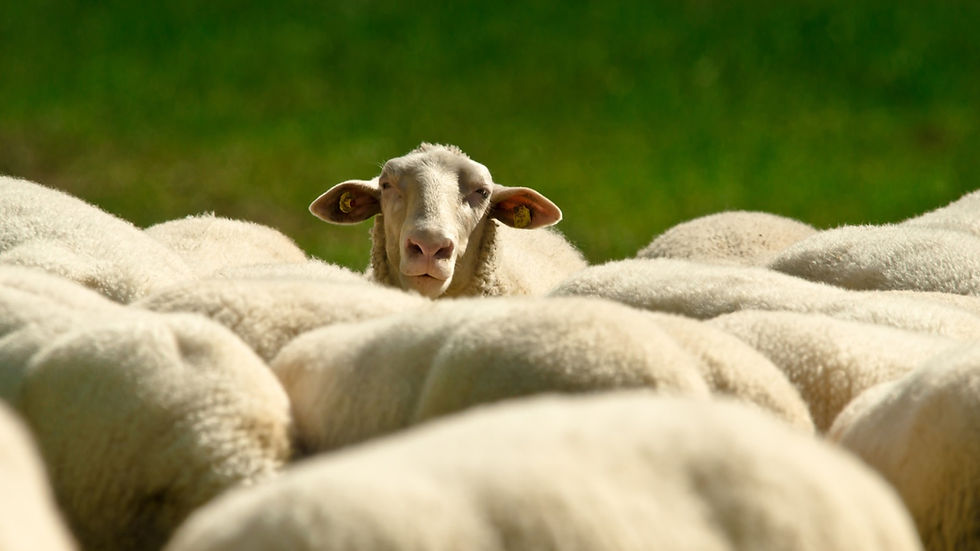No quick fix to remaining tariffs ahead of China visit
- Flow Australia
- Nov 3, 2023
- 2 min read
China's remaining tariffs on Australian products won't be removed immediately despite the prime minister's upcoming visit, Murray Watt says.

Agriculture Minister Murray Watt is not holding out for further tariffs imposed by China to be dropped on Australian products immediately following the prime minister's visit to Beijing.
Anthony Albanese will fly to China on Saturday to hold talks with President Xi Jinping in the first visit to the Asian nation by a sitting prime minister since 2016.
While China recently agreed to review its tariffs on Australian wine following a drawn-out trade dispute, Senator Watt said he did not expect other sanctions to be removed straight away on products like seafood or beef following the bilateral talks.
"I wouldn't necessarily be hanging my hopes on change on those products in this particular meeting," he told Sky News on Friday.
"But, obviously, it's another opportunity for the prime minister, the trade minister and others to be continuing to advocate for those industries."
Tariffs were imposed by China on many Australian goods such as wine and barley in 2020 following a diplomatic stand-off between the two nations.
Senator Watt said while large amounts of tariffs had been removed as diplomatic relations thawed, more work was still needed to remove remaining impediments.
However, he admitted the review on wine was not likely to be expedited as a result of the meeting.
The review could take up to five months for China to work through.
But opposition trade spokesman Kevin Hogan said any talks with the Chinese leader on easing trade restrictions needed to include speeding up the wine review and moving on lobster and beef imposts.
"(China) have used trade coercively for quite a while, but they have eased back on that," he told Sky News.
Opposition foreign spokesman Simon Birmingham welcomed the stabilisation of the relationship with China.
"That has been driven by China ceasing the type of wolf-warrior tactics that it had deployed over recent years against Australia and against so many other countries around the world," he told Sky News.
But he also warned that Australia needed to remain "clear eyed" as China's broader strategic aims hadn't changed.
Mr Albanese is expected to raise the case of detained Australian writer Yang Hengjun with President Xi.
Chinese foreign ministry spokesman Wang Wenbin said at a media conference the rule of law was being applied.
"The Chinese judicial authorities try cases in strict according with the law and make sure that the lawful rights of the individual concerned are protected, and Australia's consular rights, including the right to visit, are respected and exercised," he said.
Union officials want Australia to ensure critical minerals are value-added before they are exported.
China leads the world in critical mineral processing as the United States is pushing to catch up and shore up supply lines to counter an over reliance on Beijing for resources that are integral for the renewable energy transition.
The Australian government has also flagged investing more in domestic manufacturing to ensure critical minerals can be processed onshore.
"We've had an approach to trade driven by the interest of exports without regard to broader economy and community," ACTU president Michele O'Neil told a parliamentary inquiry into trade agreements on Friday.
Simply shipping resources overseas had contributed to Australia's economy dropping from 60th to 93rd in terms of complexity since 2000, the inquiry heard.



Comments